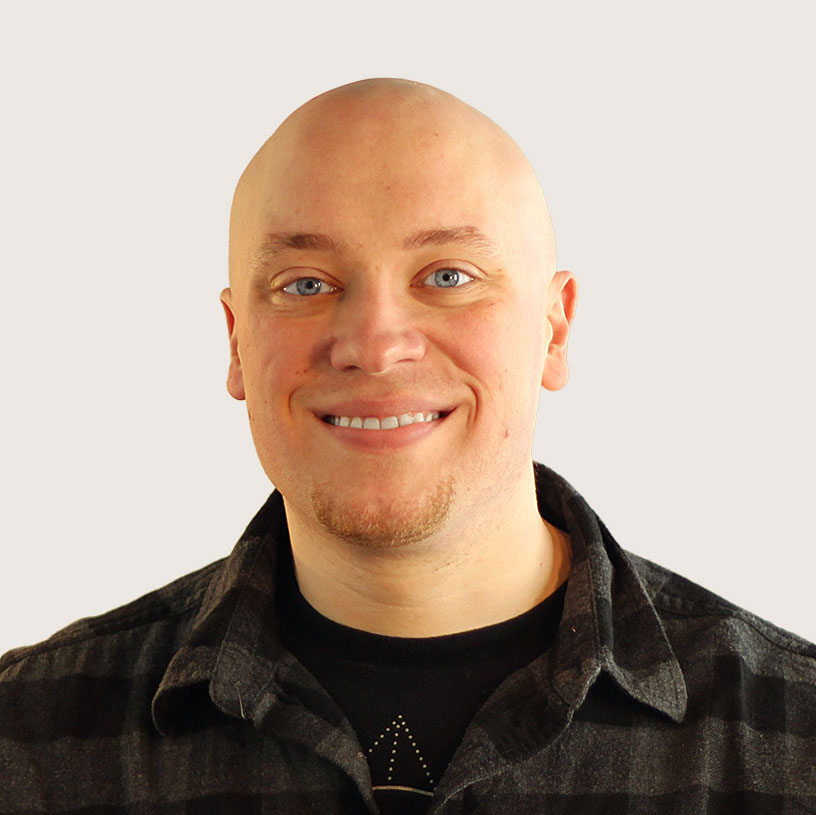Before you get the wrong idea from the title, I'm not claiming this dream to be as meaningful or significant as what Martin Luther King's envisioned when he said those words. But, here's something I think would be revolutionary in it's own way if it eventually transpired in our society:
My dream is that one day, people will be as fluent in code as in their native language. Along with English or Spanish taken in elementary school or middle school, children would also learn markup and programming languages.
Computers are so much a part of our lives that it would make sense for all people to be able to use them to their fullest potential to make and create things, to help move society at large in a forward direction, rather than just as a tool for consuming entertainment and information which we do little with. Without question, people who are able to build, create and add value to society - whether building in the concrete (architecture, products, software) or in the abstract (ideas, solutions, inspiration) - are people who are more fulfilled with their lives, have better relationships with others, and tend to have more confidence about themselves.
But my dream about society becoming code-fluent has about as much hope of becoming reality as my dream of playing tight-end for the Pittsburgh Steelers (a literal, reoccurring dream actually). It's just not gonna happen.
Well Why not??!
For many, many reasons.
First, lets start with the idea that "people would know a second language as well as their native language". Are you kidding me?! Most people I know can hardly master their own native language properly (see addition of recent cultural terms to the language), let alone learn a second language.
I only know a handful of people who are fluent in a second language other than English, so to think that people might someday add "code" to the list of "other languages" that they speak seems a little far fetched.
[Speaking from an American context, I realize much of the rest of the world speaks more than one language and might be much better at mastering their own language than we are in the USA.]
Another reason why my dream seems far fetched is because so much of the technology in our lives is aimed at making money by entertaining consumers. And quite honestly, until we are able to find a shift away from profits as the ultimate goal, and consuming entertainment as the primary vehicle to achieve that goal, the whole notion of empowering people to become productive creators of thoughts, innovations, and things is always going to be an uphill battle. Not impossible, just not the majority outcome.
Much Todo About Nothing
But for all my pessimism and doubt at the reality of my dream, I am little deterred from pursuing it. We cannot let our expectations determine our future reality by keeping us from even attempting to accomplish that which seems far fetched or unrealistic.
I do believe that to achieve something, or to be part of a solution, you must be realistic about the obstacles to discovering the desired outcome. But that does not mean you should not set out to achieve it at all, or even that in identifying obstacles you should assume that you know what is actually possible.
I think if we can begin to recognize some of these problem with our present culture, we can begin to look critically about why things are the way they are, and possibly begin to change the status quo.
Would a culture where everyone can write code be far better than the one we currently live in? In some respects, sure. But as a whole? Not necessarily.
However, at least in imagining something better, we can discover issues with what we have now, and hopefully find the courage to reach for something better nonetheless.
